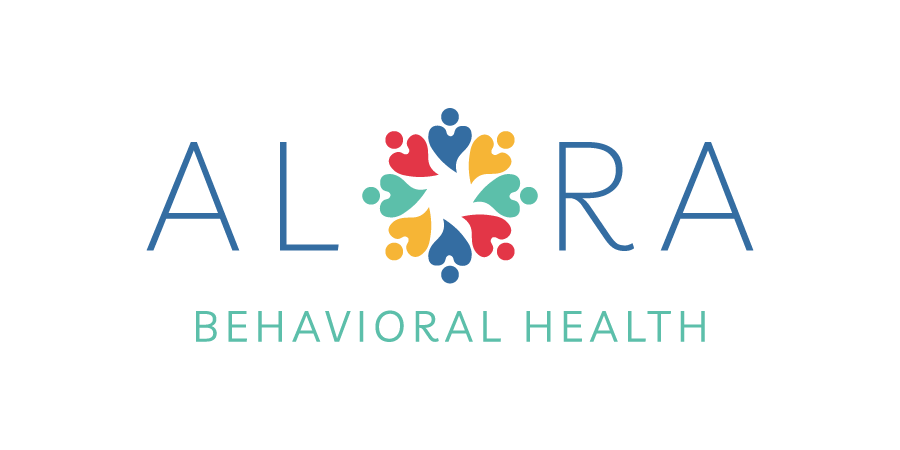For many families, ABA therapy becomes a steady part of daily life. It brings structure, progress, and a team of people who truly understand your child. So when the time comes to transition out of therapy, it is natural to feel a mix of emotions. You may feel proud of how far your child has come and uncertain about what lies ahead.
The end of ABA therapy does not mean the end of growth. It means your child is ready for new challenges, opportunities, and support systems. This blog will walk you through what to expect as therapy winds down, how discharge is planned, and what comes next in your child’s journey.
Why Does ABA Therapy End?
ABA therapy is goal-oriented and meant to support your child in building independence and skills that carry over into everyday life. Discharge usually happens when a child has:
- Met many or all of their therapy goals
- Developed foundational skills that no longer require intensive support
- Transitioned to other supports like school services or speech therapy
- Aged out of eligibility or is preparing for a new environment
Ending therapy is a sign of growth. It means the strategies your child has learned are now strong enough to be carried into the next stage of life.
What Is Discharge Planning?
Discharge is not something that happens suddenly. It is a thoughtful, collaborative process that starts well before the final session. Your therapy team will work with you to create a transition plan that matches your child’s needs.
Discharge planning includes:
- Reviewing progress and current goals
- Identifying remaining areas of support
- Discussing upcoming transitions (like starting school or changing environments)
- Developing a home support plan
- Connecting with other providers or services if needed
The goal is to make the transition out of therapy as smooth and supportive as possible.
What Skills Should Be in Place Before Discharge?
Every child is different, and discharge is based on a variety of factors. However, some common indicators that a child is ready to graduate from ABA therapy include:
- Effective communication skills (verbal or nonverbal)
- Ability to manage transitions with minimal distress
- Increased independence in daily routines
- Social skills that support peer interaction
- Reduced frequency or intensity of challenging behaviors
Your therapy team will help you understand what this looks like in real time and whether additional support may be helpful as your child continues to grow.
Life After ABA: What Comes Next?
Even after therapy ends, support and structure are still important. Here are a few things to consider as you move into the next chapter:
1. Continue Using ABA Strategies at Home
Many of the strategies used in ABA therapy can be carried into daily life. Positive reinforcement, clear routines, visual supports, and communication tools do not stop being useful just because formal therapy has ended. You can continue to use these strategies with confidence.
2. Monitor Progress and Growth
Your child may continue to grow rapidly or face new challenges that come with age and new environments. Keep observing, taking notes, and checking in with teachers, caregivers, or other professionals as needed. You may not need ABA again, but if concerns come up in the future, it is okay to revisit services.
3. Build a New Team of Support
Depending on your child’s needs, you may now be working more closely with school staff, speech or occupational therapists, or community programs. ABA therapy is one piece of the puzzle, and many children benefit from other resources as they grow.
4. Stay Connected With Your Child’s Strengths
Your child is not the same person they were when therapy began. They have developed new strengths, confidence, and resilience. Focus on what they can do, and let that guide your next steps.
How Parents Can Prepare for the Transition
If your child is approaching the end of therapy, here are some ways you can prepare:
- Ask your BCBA about the transition timeline and discharge plan
- Request written summaries of progress and strategies to continue at home
- Meet with your child’s teachers or school team to discuss how to support ongoing growth
- Begin practicing independence in new environments or routines
Give yourself space to feel proud, uncertain, emotional, or excited. Those feelings are valid. You have been part of your child’s growth every step of the way.
A New Beginning
The end of ABA therapy is not the end of support. It is the beginning of a new phase, where the skills your child has worked so hard to build can shine in real life. Whether that means more confidence at school, smoother mornings at home, or new friendships, your child is ready to grow in new directions.
At Alora Behavioral Health, we are honored to be part of your child’s journey. If your family is preparing for discharge or wants to understand what life after ABA might look like, we are here to guide you with compassion, experience, and care.
